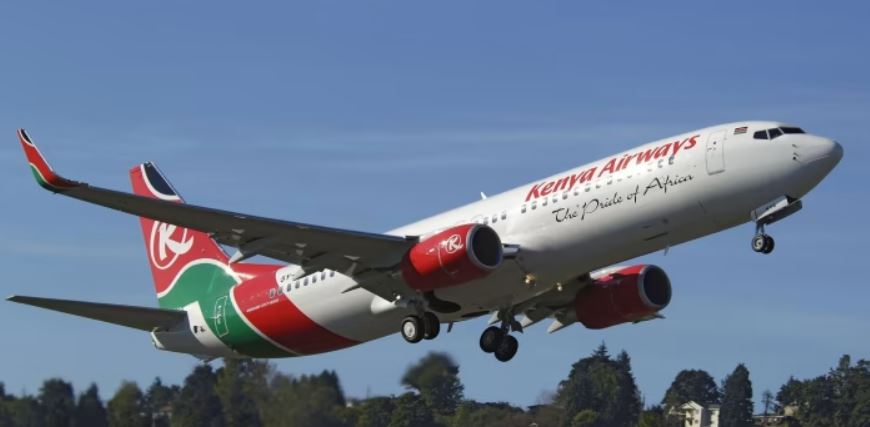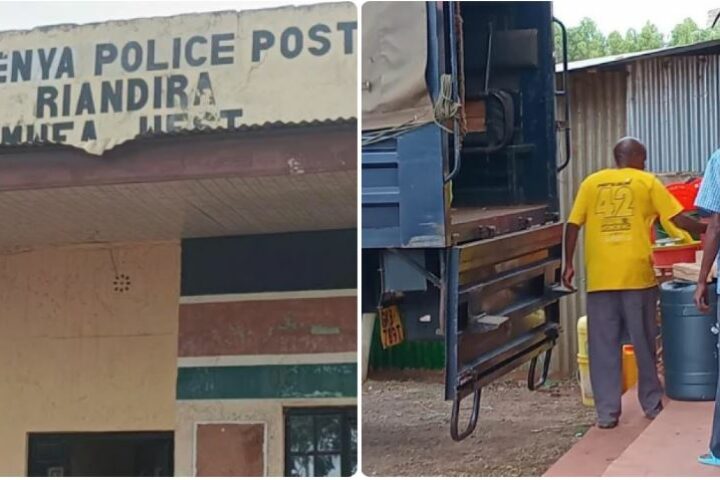
Allan Azegele, the Director of Veterinary Services, led the endorsement, highlighting the vaccination drive’s role in combating livestock diseases, improving the quality of animal products, and safeguarding both animal health and the national food supply.
As global demand for animal products such as meat, leather, and milk rises, the government stresses the importance of ensuring the health of the country’s livestock. Kenya is a key exporter of animal products, especially to European and Western markets.
Speaking at the Kenya Veterinary Association’s end-of-year awards ceremony, Azegele explained that the initiative, which is set to begin in January, aims to tackle transboundary diseases, including foot-and-mouth disease. The vaccination drive will span all counties, targeting the dairy sector and ensuring its long-term sustainability.
“Achieving such widespread vaccination requires a collective effort. Veterinary professionals across the country must work together to drive this initiative with the ultimate goal of eradicating diseases that hinder livestock production,” Azegele emphasized.
Transparent Vaccination Exercise
He dismissed objections to the vaccination drive as unfounded and malicious, assuring that vaccine distribution will be handled transparently through the Kenya Veterinary Vaccines Production Institute (KEVEVAPI).
Jim Tozer, the managing director of Kenchic, echoed Azegele’s sentiments, stressing the importance of the initiative in improving farmers’ livelihoods and ensuring the long-term sustainability of livestock production.
“I fully support the vaccination drive. It will make a significant impact on the livelihoods of farmers and contribute to the economic development of the country,” Tozer said.
Joan Magero, the chairperson of the Kenya Veterinary Board, reassured Kenyans not to be alarmed, emphasizing that the vaccination process would be closely monitored by local veterinarians to ensure the supplied vaccine meets high standards. She also dismissed claims that the government was allowing international research institutions to test vaccines on Kenyan livestock for foreign interests.
Kelvin Osore, National Chairman of the Kenya Veterinary Association, acknowledged that while the vaccination initiative will help position Kenya to export animal products, it must be implemented lawfully and with transparency.








